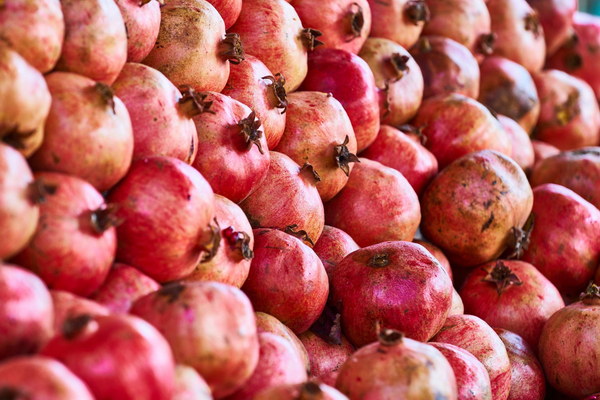Embrace the Cycle A Comprehensive Guide to Pre-Menstrual Self-Care
Introduction:
The pre-menstrual phase is a crucial time for women to prioritize self-care and well-being. This period, often referred to as PMS (Premenstrual Syndrome), can bring along a host of physical and emotional symptoms. By adopting a few simple practices, women can effectively manage and alleviate these symptoms, ensuring a smoother and more comfortable menstrual cycle. In this article, we will explore various pre-menstrual self-care tips to help you embrace the cycle with ease.
1. Nutrition:
A balanced diet plays a significant role in managing pre-menstrual symptoms. Incorporate the following nutrients into your meals:
- Calcium: Known for its mood-stabilizing properties, calcium can help alleviate pre-menstrual mood swings. Consume dairy products, leafy greens, and fortified foods rich in calcium.
- Magnesium: This mineral helps reduce cramps and bloating. Include almonds, cashews, whole grains, and leafy vegetables in your diet.
- Omega-3 Fatty Acids: These healthy fats can help regulate hormones and reduce inflammation. Fish, flaxseeds, chia seeds, and walnuts are excellent sources.
- Vitamin B6: B6 can help reduce bloating and breast tenderness. Incorporate bananas, avocados, and lean meats into your diet.
- Vitamin D: This vitamin can help improve mood and reduce symptoms of pre-menstrual syndrome. Spend time outdoors, or consume fortified foods and supplements.
2. Hydration:
Staying hydrated is crucial during the pre-menstrual phase. Water helps maintain blood volume, which can alleviate bloating and cramps. Aim to drink at least 8 glasses of water per day, and consider herbal teas or infused water for added flavor.
3. Exercise:
Regular exercise can help alleviate pre-menstrual symptoms by reducing stress, improving mood, and increasing endorphin levels. Engage in activities you enjoy, such as yoga, walking, cycling, or swimming. Aim for at least 30 minutes of moderate exercise most days of the week.
4. Sleep:
Adequate sleep is essential for overall well-being, especially during the pre-menstrual phase. Establish a bedtime routine, aim for 7-9 hours of sleep per night, and create a comfortable sleep environment. Consider using a sleep mask, earplugs, or white noise machine to enhance your sleep quality.
5. Stress Management:
Stress can exacerbate pre-menstrual symptoms. Practice stress-reducing techniques, such as:
- Mindfulness and meditation: These practices can help calm the mind and reduce anxiety.
- Deep breathing exercises: Deep breaths can help lower cortisol levels and reduce stress.
- Aromatherapy: Scents like lavender, chamomile, and sandalwood can help relax the mind and reduce stress.
- Yoga and tai chi: These gentle exercises can help improve flexibility and reduce tension.
6. Heat Therapy:

Heat therapy can help alleviate cramps and reduce discomfort. Consider using a heating pad, hot water bottle, or a warm bath to soothe your muscles and improve blood flow.
7. Alternative Therapies:
Some women may find relief from pre-menstrual symptoms through alternative therapies, such as acupuncture, herbal remedies, or massage therapy. Consult with a healthcare professional to determine the best option for you.
Conclusion:
Embracing the pre-menstrual phase with self-care can lead to a more comfortable and manageable menstrual cycle. By focusing on nutrition, hydration, exercise, sleep, stress management, and heat therapy, you can effectively alleviate pre-menstrual symptoms and improve your overall well-being. Remember to consult with a healthcare professional before making any significant changes to your lifestyle or diet.









